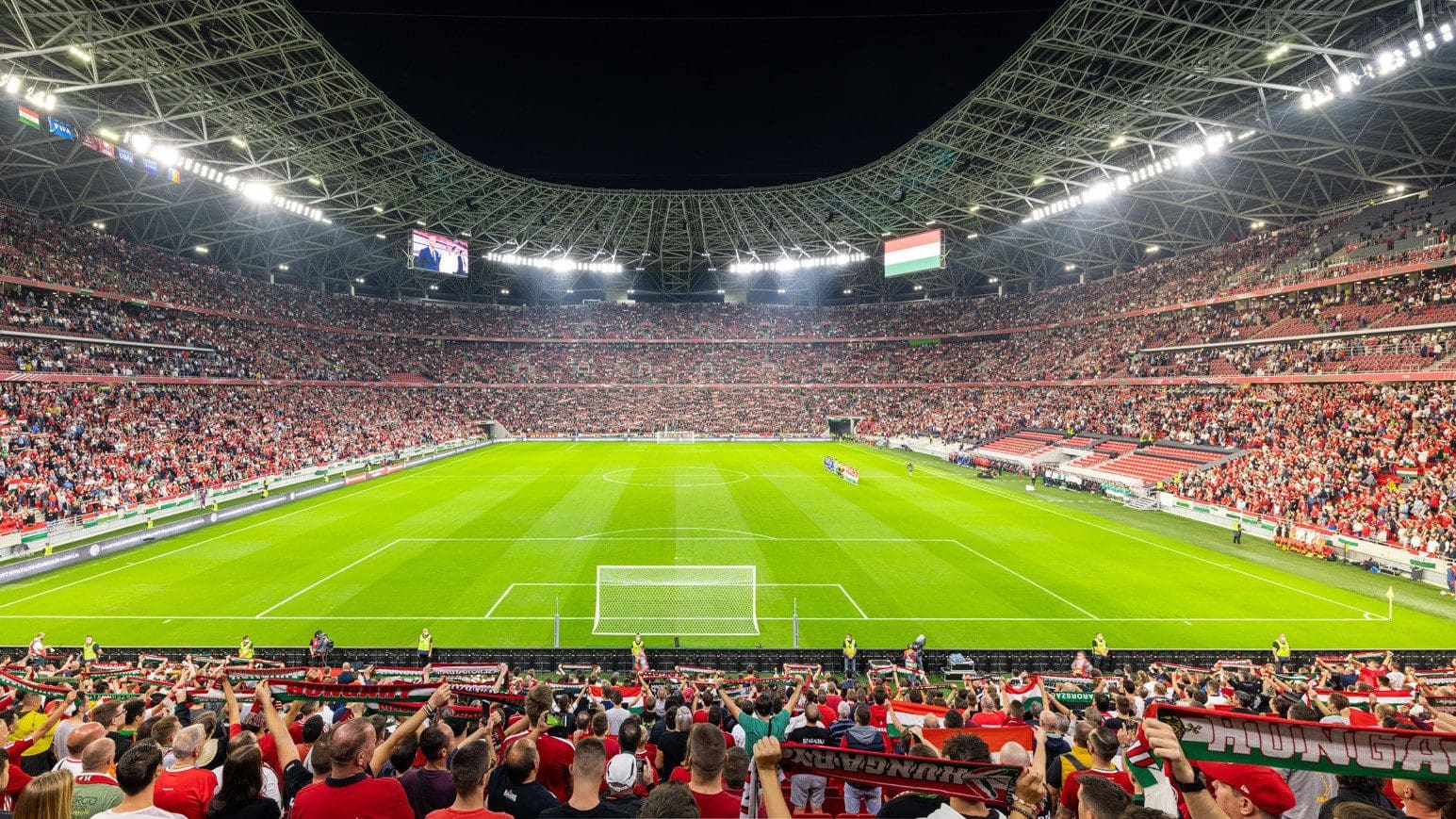Last Friday, Ádám Schmidt, chief advisor for sports affairs in the Office of the Prime Minister made an interesting announcement. In a video message posted to his Facebook page, he informed the public that a decision by the European Commission allowed the government’s corporate tax benefit scheme for sports clubs (called ‘the TAO programme’ in Hungarian) to be extended until 30 June 2029.
This controversial initiative by the Orbán administration started in 2011, and was set to expire in June of this year. Right after its creation, the administration submitted the plan to the EC, who decided that it does not violate the EU’s state aid rules for professional sports teams. The EC originally granted it permission to run until 2017, which was then renewed till 2023, and now, until 2027.
The TAO programme allows corporations to write off any donations to teams competing in five designated ‘spectator sports’ as a tax deduction. The five eligible sports are: football, handball, basketball, water polo, and ice hockey. The donations can be used for the development of infrastructure, youth athlete training, or the acquisition of low value assets, such as training equipment. However, it cannot be used to fund the salaries of professional athletes. Around 125 billion HUF is estimated to have been invested into sports through the programme in 2022.
What conservatives may find controversial about the scheme is that it artificially inflates the funds that sports clubs would be able to raise in revenue on their own. This goes against the small government, free market principles traditionally endorsed by conservatives in the West, in the traditions of US President Ronald Reagan or British Prime Minister Margaret Thatcher.
However, supporters of the TAO programme claim it is an important scheme because investment in sports can contribute to the building of national image and national cohesion down the line. An example of that would be the spontaneous mass celebrations on the streets of Budapest in the summer of 2016 that erupted after the national football team beat Austria 2-0 at Euro 2016. It was the first time the Hungarian football team had qualified for a major tournament in 30 years. They have since made it to Euro 2020 as well, which was partially hosted by Hungary with a one-year delay due to the coronavirus pandemic.







